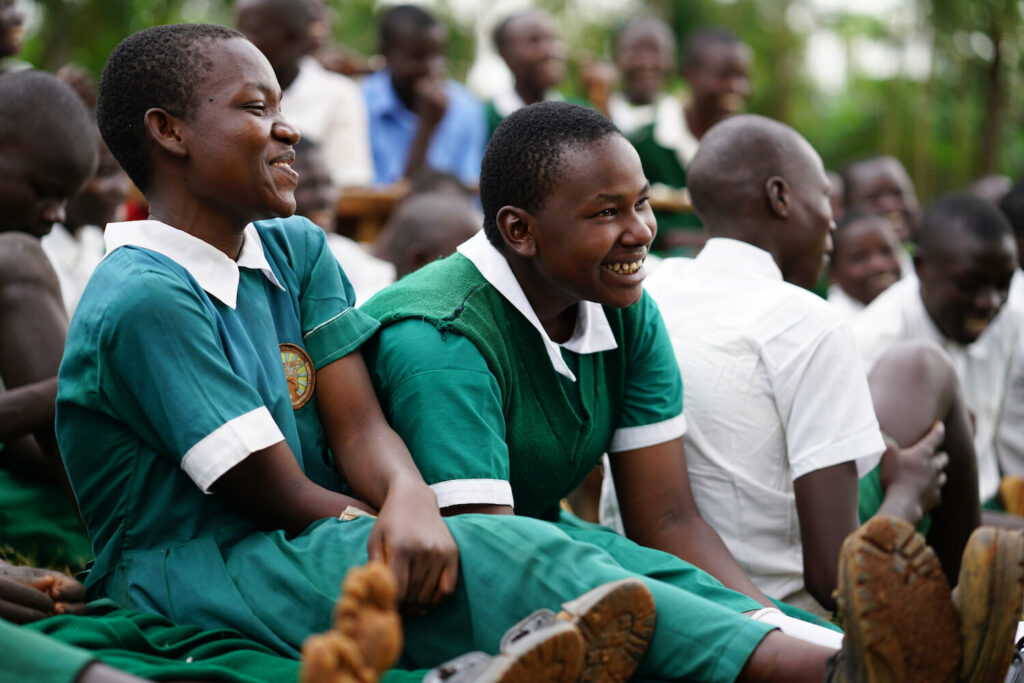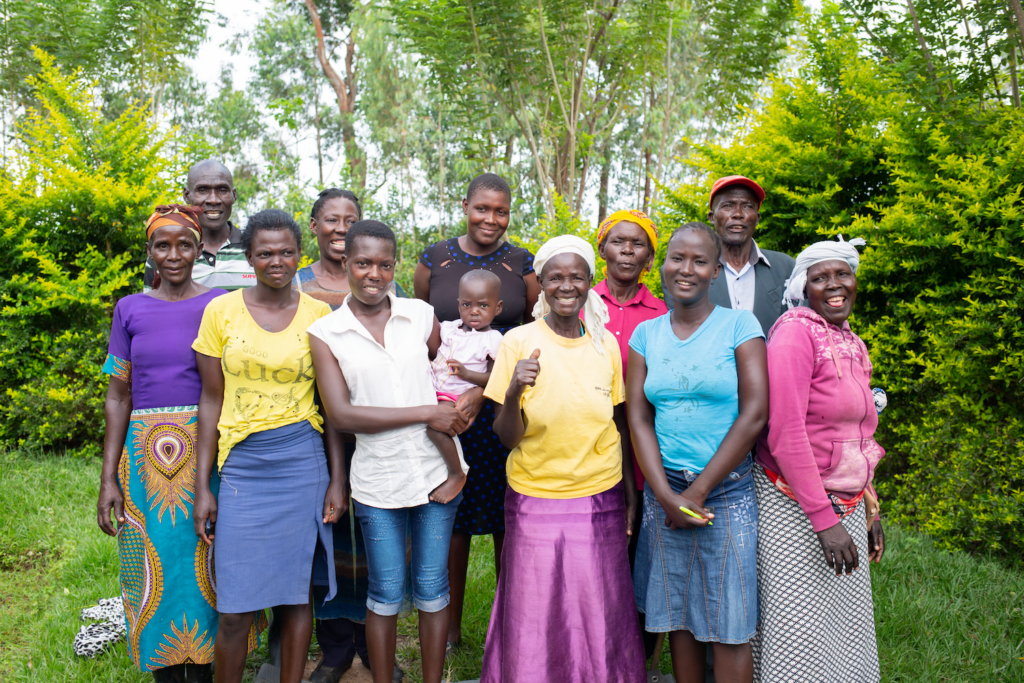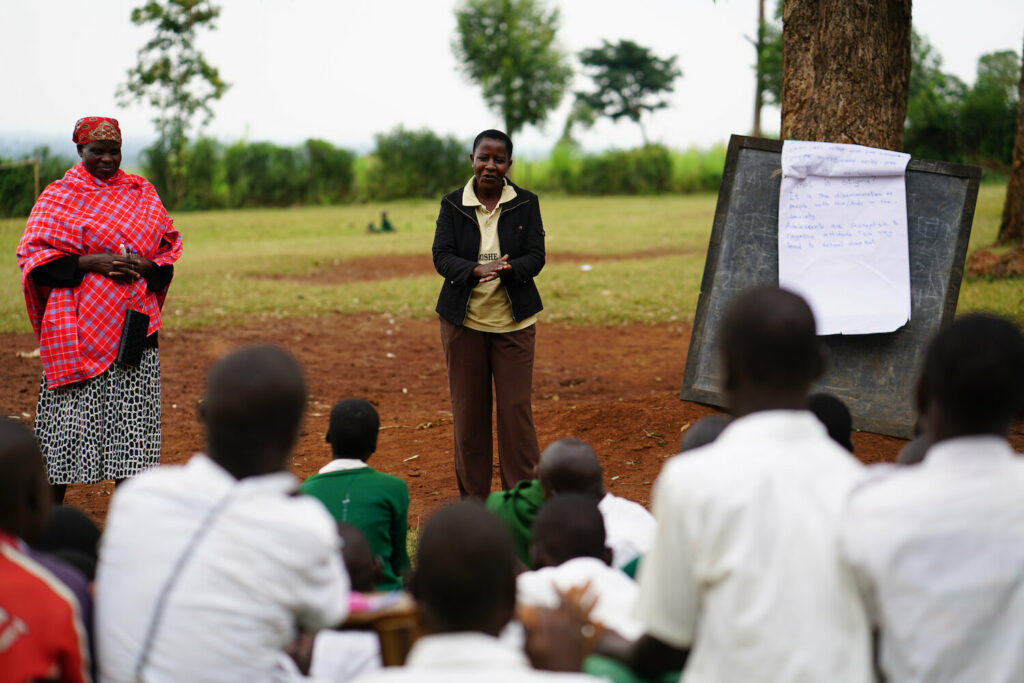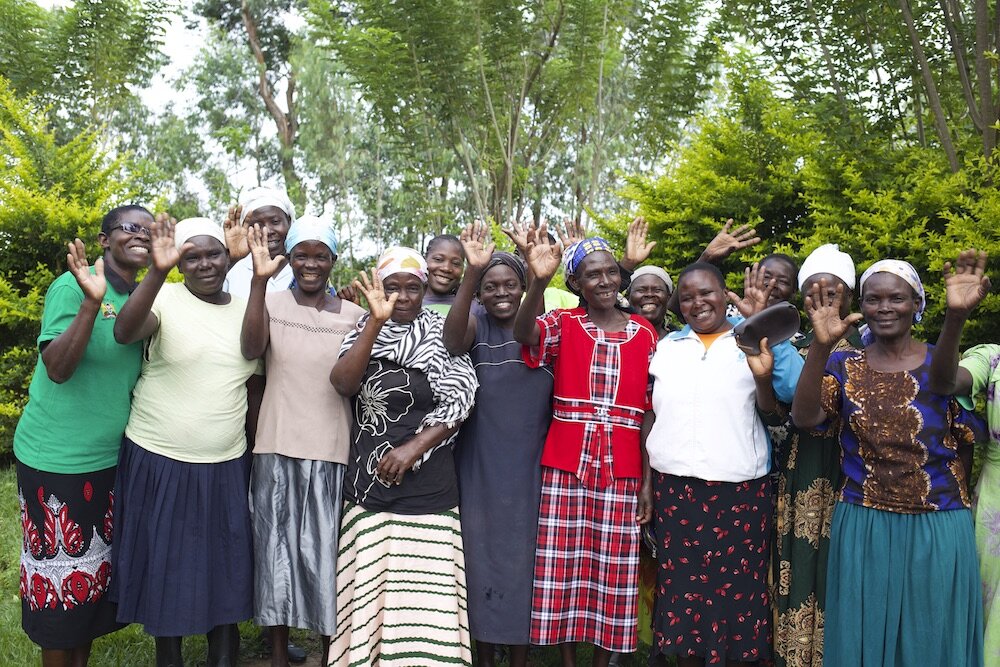Lwala
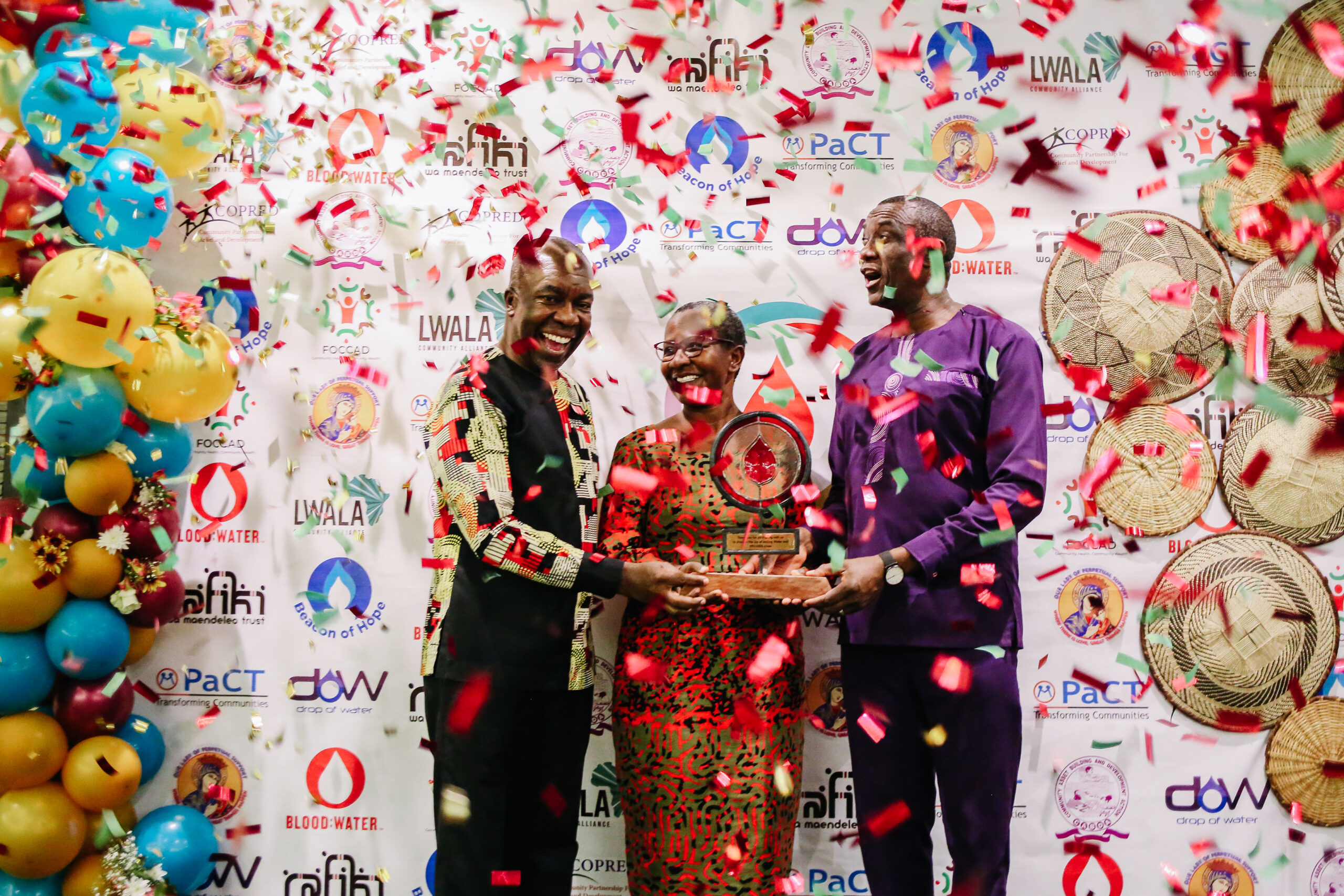
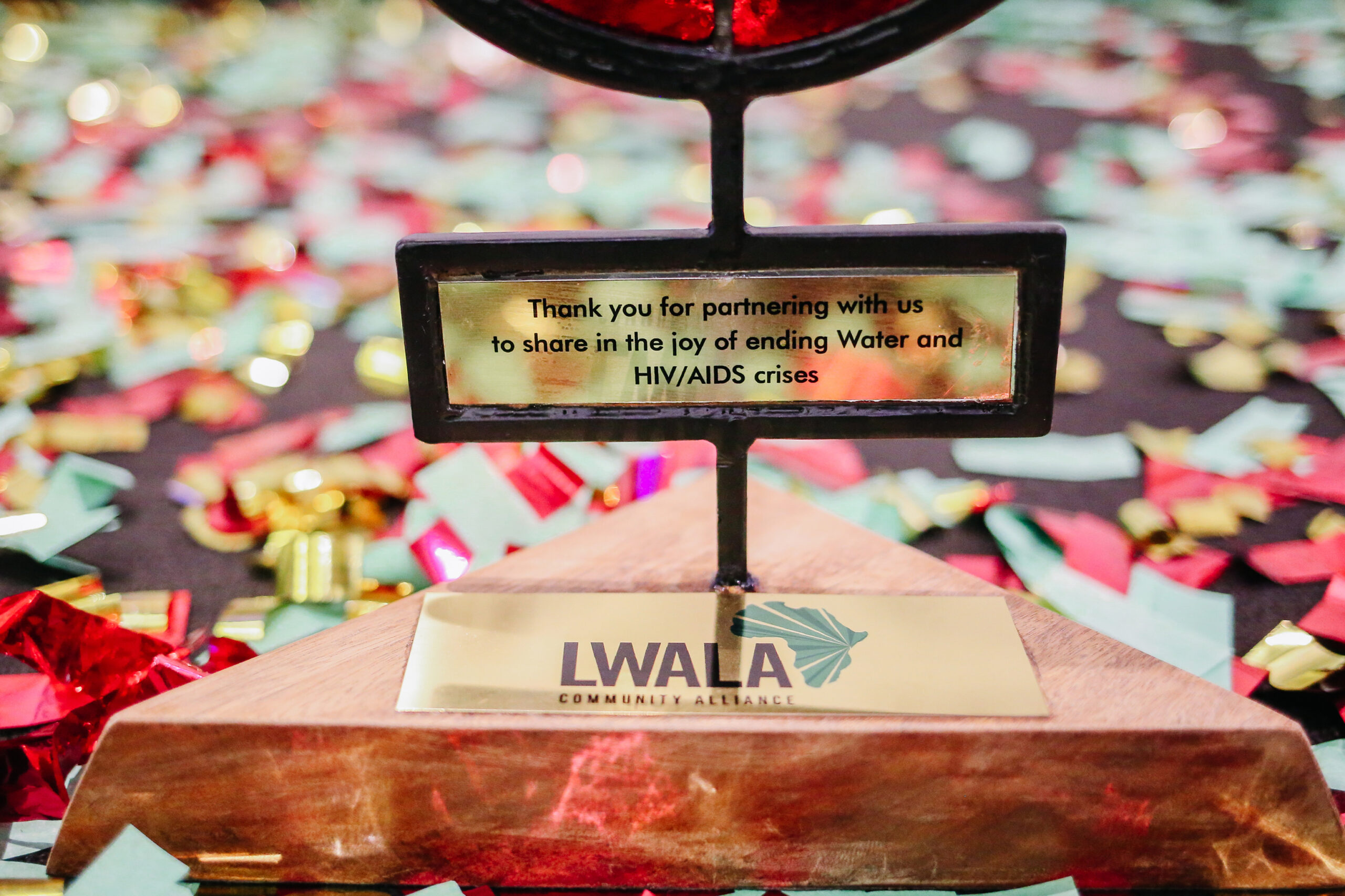
"Standing here is not the best of the moments, but the journey has been one of the most intriguing moments that we have had. And for that reason, partners at the start of the journey...in the middle of the journey... Please enjoy the journey. Do not wait for the destination."
(Julius Mbeya, Co-CEO, Lwala)
Lwala graduated from partnership with Blood:Water in December 2022, and we threw a party at our Partner Summit in Nairobi, Kenya. The video below provides a window into the story of our partnership and of Lwala's growth and impact over the years.
Lwala + Blood:Water Partnership
The Lwala + Blood:Water partnership started in 2007 as village members organized and donated land and resources to build a clinic. Blood:Water invested in Lwala’s start-up phase, supporting the 2007 launch of the clinic and establishing the first water well near the clinic site. In 2010, Blood:Water supported the start-up of the Primary Water Project to bring WASH training to the community and clean water at the health facility and 13 primary schools in North Kamagambo. In 2013 this funding expanded to support Lwala’s efforts to improve the quality, availability, and organization of comprehensive HIV/AIDS care and support services for individuals and families living with HIV in North Kamagambo. The success and learning paved the way for Blood:Water to support the start-up of Lwala’s integrated HIV/ and WASH program (HAWI) beginning in 2015. Lwala graduated from partnership with Blood:Water at the end of 2022.
The partnership has facilitated the construction of WASH infrastructure, hygiene and sanitation behavior change through community led total sanitation (CLTS), household case management via HIV community care, stigma and discrimination mitigation and even supporting facility-based quality improvement. In particular:
- More than 370,000 people were trained in proper sanitation and hygiene practices
- More than 97,000 people were reached with HIV testing and counseling.
- Nearly all babies are born HIV-free when connected to Lwala services.
Through all this, Lwala identified and framed the programmatic needs, relevant responses and applied the funding towards high quality service provision for the communities it reaches daily.
Partner Background
Lwala Community Alliance (aka “Lwala”) is a Kenyan-founded health and development agency that exists to build the capacity and advance the comprehensive well-being of people living in North Kamagambo, Kenya. Founded by Kenyan doctors, Milton and Fred Ochieng, Lwala Community Alliance works in a region with some of the highest HIV prevalence, and infant and child mortality rates in the country.
Through community-based health initiatives, LWALA is able to capitalize on existing trust relationships in the community, which allow for direct links to be made to clinical-based services that provide specialized care and support. Community health workers are engaged to provide supplementary support, education, and guidance to HIV-affected households, while primary care programs are offered through the hospital and home-based visits. In addition, HIV support groups are facilitated, and community-wide outreaches and trainings are offered to target the issues of stigma, health behaviors, and prevention of HIV and other infections.
Lwala Community Alliance also works with HIV-positive individuals to lead community-led total sanitation, and to improve quality water access, reliability and supply initiatives in the community.
Learn more at lwala.org.
Kenya Profile
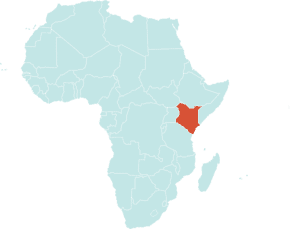 Background: Following 70 years of British colonization, Africans began to protest Great Britain's rule over Kenya. In 1952, after years of unrest and rebellion, Governor Sir Everlyn Baring declared a state of emergency for the country, eventually forcing the colonial government to allow for African representation in the Legislative Council. Eight African leaders were elected, leading to the formation of the Kenya African National Union (KANU). KANU attained 83 of the 124 seats in the House of Representatives in 1963, and gained full independence later that year under Mzee Jomo Kenyatta.
Background: Following 70 years of British colonization, Africans began to protest Great Britain's rule over Kenya. In 1952, after years of unrest and rebellion, Governor Sir Everlyn Baring declared a state of emergency for the country, eventually forcing the colonial government to allow for African representation in the Legislative Council. Eight African leaders were elected, leading to the formation of the Kenya African National Union (KANU). KANU attained 83 of the 124 seats in the House of Representatives in 1963, and gained full independence later that year under Mzee Jomo Kenyatta.
In August 2010, Kenyans overwhelmingly adopted a new constitution in a national referendum. The new constitution introduced additional checks and balances to executive power and devolved power and resources to 47 newly created counties.
Country Population: 56 million people
National Languages: Kiswahili (official), English (official)
Sources: Kenya Embassy Washington, DC | CIA Factbook (2022)
